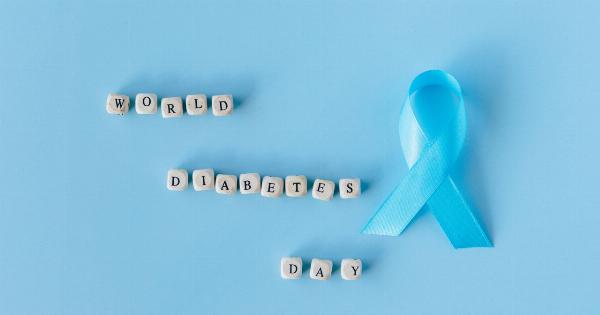Your urine may not be a topic that you discuss at dinner, but it can tell you a lot about your health. The color of your urine can indicate if you are dehydrated, have a urinary tract infection, or if you are experiencing other health issues.
It is important to monitor the color of your urine and report any changes to your doctor. In this article, we will explore the different colors of urine and what they may indicate.
Transparent or No Color
If your urine is transparent or has no color, it may mean that you are over-hydrated. This is common if you have been drinking excessive amounts of water or have been sweating a lot.
While it is important to stay hydrated, you should aim to drink water in moderate amounts throughout the day. Drinking too much water can lead to a condition called hyponatremia, which is when your body’s sodium levels become too diluted.
Pale Yellow to Clear Yellow
If your urine is a pale yellow to clear yellow, this is a good indicator that you are properly hydrated. You should strive to keep your urine in this color range by drinking water consistently throughout the day.
Pale yellow urine is a sign that your kidneys are functioning properly and are effectively removing waste from your body.
Dark Yellow
Dark yellow urine may mean that you are dehydrated. This can be easily remedied by increasing your water intake. If your urine is consistently dark yellow, it may be a sign of liver problems or the presence of bile in your urine.
This is a symptom that should be discussed with your doctor.
Amber or Honey-Colored
If your urine is amber or honey-colored, it may indicate severe dehydration. This is common in individuals who work or exercise in hot environments or do not drink enough water.
If you notice your urine is this color, it is important to increase your water intake immediately. If the color persists, it may signal a deeper health issue and should be discussed with your doctor.
Pink or Red
Pink or red urine may be caused by the presence of blood in the urine. This could be a sign of a urinary tract infection, kidney stones, or even bladder or kidney cancer.
However, it is important to note that certain foods and medications, like beets or some antibiotics, can also turn urine pink or red. If you have not recently eaten these foods or taken medications that may have changed the color of your urine, it is important to report the color change to your doctor.
Orange
If you notice that your urine is orange, it may be caused by high doses of vitamin B2 or orange-colored foods and drinks. However, orange urine can also be a sign of liver problems or dehydration.
If your urine remains orange for an extended period, it is important to discuss this symptom with your doctor.
Blue or Green
Blue or green urine is uncommon, but it may be caused by bacteria, a rare genetic disorder, or certain medications. If you notice this color change in your urine, it is important to discuss with your doctor.
Cloudy or Murky
Cloudy or murky urine is a sign of a urinary tract infection. Other symptoms include pain during urination, a strong odor, and an increased need to urinate. If you are experiencing these symptoms, it is important to see your doctor for treatment.
Conclusion
Overall, the color of your urine can provide a valuable insight into your overall health. While changes in urine color do not always signal a health problem, it is important to monitor this symptom and report any changes to your doctor.
Maintaining a healthy level of hydration and watching your urine color can help you stay healthy and catch any potential health issues early.






























